Hywel Dd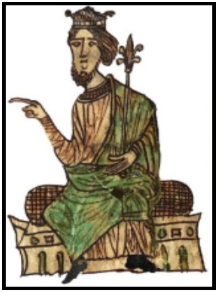 a called a great assembly of lawyers and leaders from all over his kingdom to draw up a unified legal code for Wales in Whitland.
a called a great assembly of lawyers and leaders from all over his kingdom to draw up a unified legal code for Wales in Whitland.
These laws were based on compassion rather than punishment and used a lot of common sense. They differed greatly from the laws in other countries, especially regarding the rights of women.
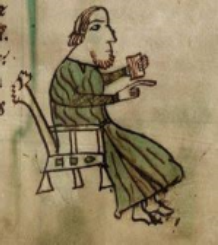
The laws depended on the social status of the person concerned, and divided Welsh society into five classes:
* rulers - including the king over his kingdom and the lords over their
lands;
* the free Welsh - including both the aristocracy and the yeomen;
* Welsh serfs;
* foreigners resident in Wales;
* slaves.
Status
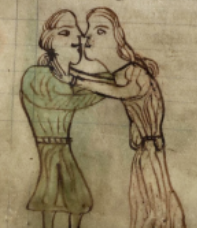
Women
Women were treated far more fairly under Welsh law than elsewhere. For example, if a couple separated before the end of seven years of marriage then the wife would get an amount of the property owned by the couple in line with her status by birth. If the marriage broke up after that time then the woman was entitled to half of it.
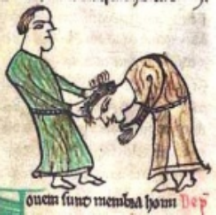
Crime
Murder was regarded as an offence against the family rather than against society or the state. It was normally dealt with by a payment to the family of the deceased, with the amount dependent on the social status of the victim.
Assault was dealt with in a similar fashion but it only applied to the upper classes - any serf who struck a free man was liable to have the offending limb removed.
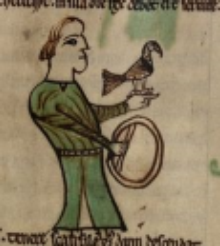
A high value was placed on compensation for any breach of the law, and it was particularly detailed for the loss of a limb.
The body of a free man was valued at 3780 pennies - or 63 cows. Each hand, eye, foot, lip, and nose was worth 480 pennies, but the value of other limbs depended on various factors.
Compensation
The Laws of Hywel Dda
